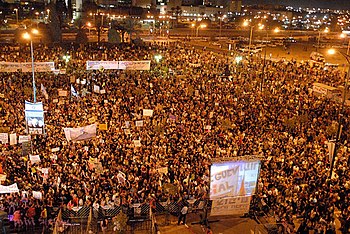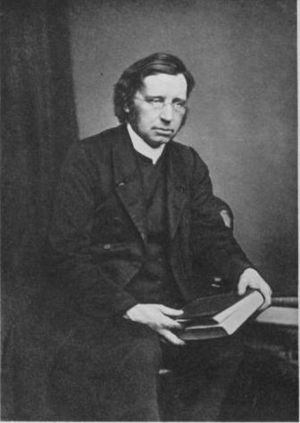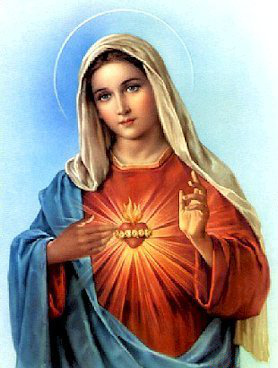He has showed you, o man, what is good; and what does the Lord require of you but to love justice, and to love kindness, and to walk humbly with your God? Micah 6: 6—8
When one reads the writings of Micah, Hosea, Amos and Isaiah, one sees persons who have a deep concern for the injustices present in the life of the society.
In order to appreciate the prophets’ disquiet with what was happening it is necessary to examine the social context within which they spoke. The society was experiencing a period of moral decay and religious irrelevance. The disparity in wealth widened the gap between the rich and the poor. Economic and social policies went against the norm and violated the principles of justice. The decadent upper class exploited the poor and their luxurious living made them insensitive to the needs of the poor and needy. The courts were corrupt, the leaders, priests, prophets, and state officials were perverted in their religious and business transactions.
Into this situation came the prophets with their vehement denunciation of the nation’s social evils. The prophets protested the lack of social justice and the sanction of immoral activities. The prophets did not define justice. Justice connotes many meanings — equality, fairness, rights, goodness, honesty, impartiality, uprightness; however it is interpreted, the prophets are appealing to the community to change its way of living and do what is right.
In their call for justice, the prophets announce simultaneously Yahweh’s displeasure and annoyance of the depraved community, that is called to be holy as he Yahweh is holy. Isaiah captures the mind of Yahweh and summarises the attitude of the prophets.
When you spread forth your hands I will hide my eyes from you; even though you make many prayers p I will not listen; your hands are full of blood. Wash yourselves; make yourselves clean; remove the evil of your doings from before my eyes. Cease to do evil, learn to do good; seek justice, correct oppression defend the fatherless, plead for the widow. Isaiah 1:15-17
The business people were dishonest and gave false weights, (Amos 8:5—6). The priests and the prophets became corrupt, (Micah 3:11). Lying, killing, stealing and the like are prevalent, (Hosea 4:1-2). The poor are sold into slavery and the afflicted turned away; (Amos 2:6-8). Workers were oppressed; (Isaiah 58:3). It is a society corrupted by the accumulation of wealth and riches; (Amos 4:1-2).
The appeal for justice is rooted in the character of Yahweh. The righteousness of God requires that his people be just in their relationships. Because he is just, he loves justice and frowns on conditions that promote injustice. Isaiah writes: “For I the Lord love justice, I hate robbery and wrong” (Isaiah 61:8).
Righteousness and justice are two necessities for community living. The peace and wholeness of the nation hang on the practice of justice. The absence of these two qualities from Israel’s public life was a threat to the community’s social and political organisation. Actually, the prophets indicate that the community was destroyed for lack of justice. In highlighting the need for social justice the prophets are seeking to rebuild the covenanted community; a community built on justice and righteousness. The cry for justice focuses attention on unhealthy practices that impede the building of the community.
There is a relationship between justice and morality. Moral persons act justly; immoral persons act unjustly. A person who is immoral will do things that are not right. What is inside a person is seen in a person’s actions. Jesus reminds us that it is not what goes into a person that defiles the person but what comes out. If the heart is sinful the person’s action will be sinful.
The way we treat people speaks about the condition of our hearts. We act unjustly when we unfair people, take advantage of anyone, when our actions make life difficult or painful for another person, when we break our marriage vows, when we refuse to support our families, when we use people for selfish purposes, tell lies on people, refuse to help people and are unkind. We need to exchange our hearts of stone for a heart of flesh. Hearts of stone act unjustly.
This year we are invited to give of our best to the Master. At our festival Fr. Reid spoke about different aspects of giving our lives to God. In a sense he was asking us to be just, to act justly in our relationships with God and people. But without a change in our lives what he said will be of no help to us. How many of us have changed our lives because of what was said by Fr. Reid in his addresses. Is it a case that we listened but have returned to our old way of living.
I would like to suggest to you that within the context of our theme, we give of our best to the Lord when we act justly. To act justly is to do what is right.
Wayne E. Isaacs












